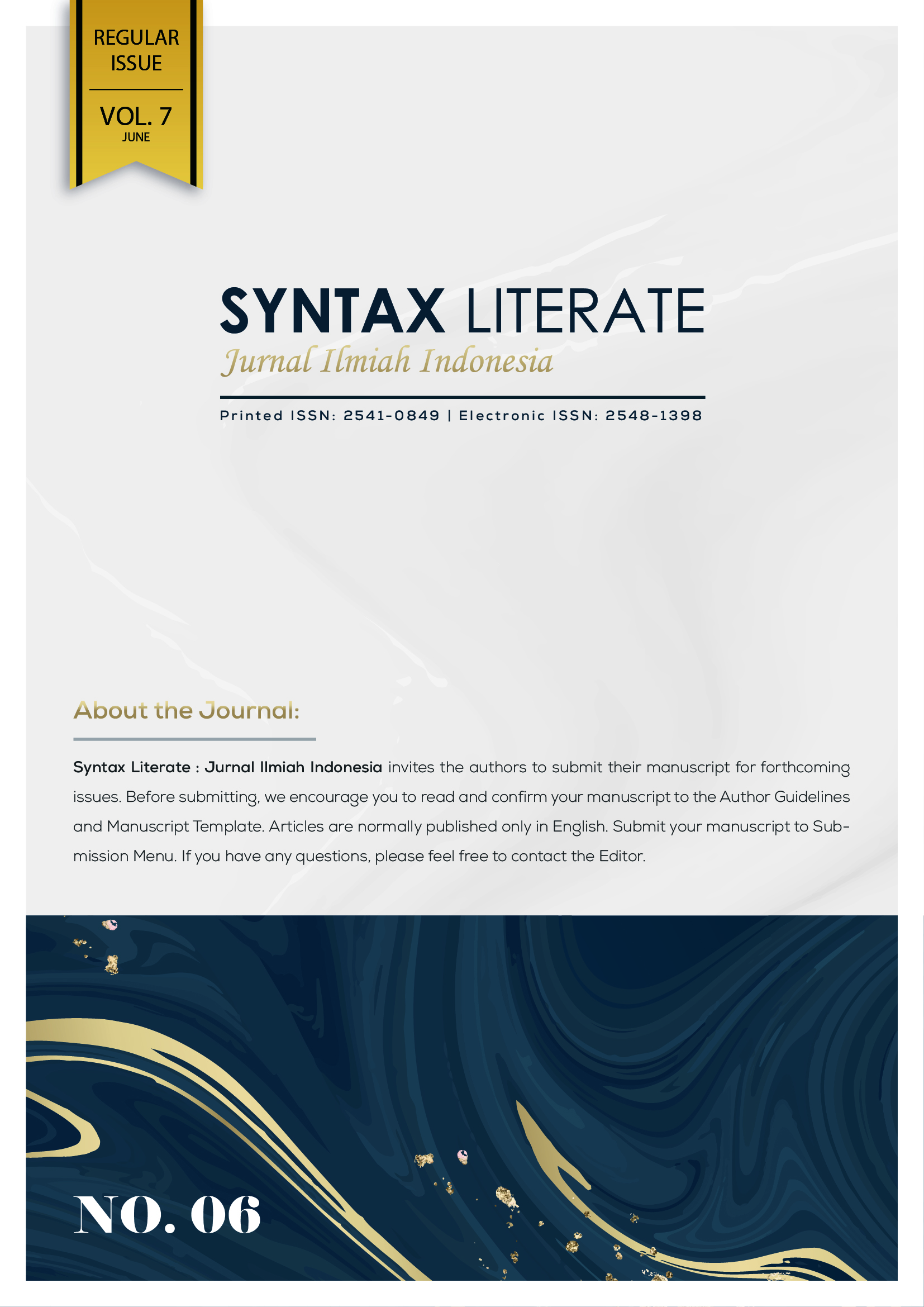Correlation Between Glycated Hemoglobin Levels With Polycystic Ovary Syndrome Phenotypes And Metabolic Syndrome
Abstract
Polycystic Ovary Syndrome (PCOS) is one of the endocrine disorders that causes oligo-anovulation, clinical and biochemical signs hyperandrogenism and ovarian- specific morphological signs on ultrasound examination are common in women of reproductive age. Conditions of insulin resistance and hyperandrogenism accompanied by hypertension and obesity can lead to dyslipidemia that can meet the diagnostic criteria for the metabolic syndrome. The American Diabetes Association approved the examination of glycated hemoglobin (HbA1c) levels as a routine screening for impaired glucose tolerance and hyperglycemic conditions. Examination of HbA1c levels using the method Point of Care Test. Several studies have shown a direct correlation between elevated HbA1c levels and complications of PCOS, providing evidence that HbA1c plays a potential role in PCOS. This study aims to determine the correlation between HbA1c levels with PCOS phenotype and metabolic syndrome. The study used an analytical study with a cross sectional analytic study design, the number of samples was 52 respondents. The sample was using selected consecutive sampling and then analyzed for HbA1c levels using POCT, PCOS phenotype, and metabolic syndrome for univariate and bivariate. The study with 52 respondents with PCOS patients, the results showed that the number of respondents with increased HbA1c levels was 17 (32.7%) respondents, most of the respondents with phenotype A were 30 (57.7%) respondents. The number of PCOS respondents with metabolic syndrome was 21 (40.4%) respondents. The results of statistical tests showed that correlation between the PCOS phenotype and HbA1c levels. The proportion of the incidence of metabolic syndrome was higher in respondents with phenotype A than phenotypes B, C, and D. The proportion of metabolic syndrome was higher in the category of elevated HbA1c levels compared to normal HbA1c levels, based on statistical tests there was a correlation between HbA1c levels and metabolic syndrome. Conclusion: There was an increase in HbA1c levels in PCOS patients in this study, which was 32.7% and most of the respondents were with phenotype A. Less than half of the respondents had metabolic syndrome. Statistically, there is a correlation between HbA1c levels and PCOS phenotype in PCOS patients and a correlation between HbA1c levels and metabolic syndrome in PCOS patients..
Downloads
Copyright (c) 2022 Revivo Rinda Pratama, Haviz Yuad

This work is licensed under a Creative Commons Attribution-ShareAlike 4.0 International License.











